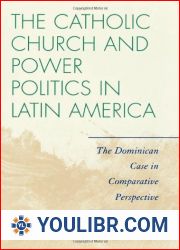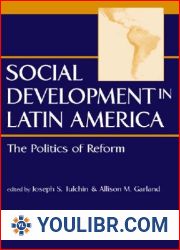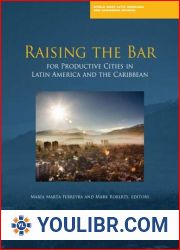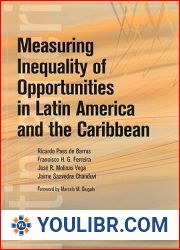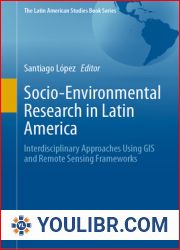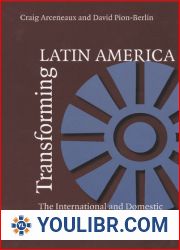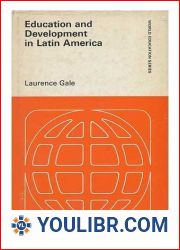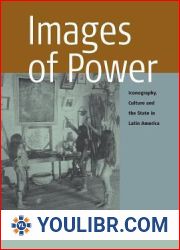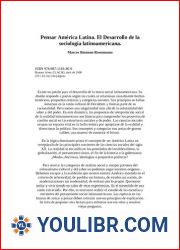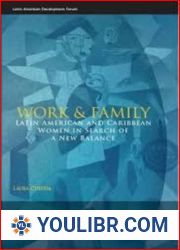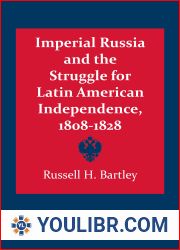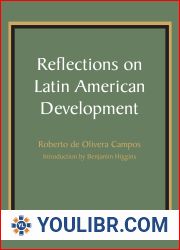
BOOKS - Principles in Power: Latin America and the Politics of U.S. Human Rights Dipl...


US $6.51

794798

794798
Principles in Power: Latin America and the Politics of U.S. Human Rights Diplomacy
Author: Vanessa Walker
Year: December 15, 2020
Format: PDF
File size: PDF 7.6 MB
Language: English
Year: December 15, 2020
Format: PDF
File size: PDF 7.6 MB
Language: English
Vanessa Walker's Principles in Power explores the relationship between policymakers and non-government advocates in Latin America and the United States government in order to explain the rise of anti-interventionist human rights policies uniquely critical of US power during the Cold War. In the 1970s, human rights advocates and the US government officials co-operated to establish a human rights agenda meant to challenge the foundations of US Cold War foreign policy, particularly alliances with repressive, anticommunist regimes. Walker shows that these new human rights policies were based on a complex dynamic of domestic and foreign considerations that was rife with tensions between the seats of power in the US, Latin America, and the growing activist movement that sought to reform them.By addressing the development of US diplomacy and politics alongside that of activist networks, especially in Chile and Argentina, Walker shows that that Latin America was central to the policy assumptions that shaped the Carter administration's foreign policy agenda. The coup that ousted the socialist President of Chile, Salvador Allende, sparked new human rights advocacy directly against US policies that supported authoritarian regimes in the name of Cold War security interests. From 1973 onward, the attention of Washington and capitals around the globe was on Latin America as the testing ground for the viability of a new paradigm for US power committed to fostering national interests, basic welfare, and democratic values.This approach, oriented around human rights, required collaboration among activists and state officials in places as diverse as Buenos Aires, Santiago, and Washington. Principles in Power tells the complicated story of the potentials and limits of partnership among government and non-government actors. Analyzing how different groups deployed human rights language to reform domestic and international power, Walker explores the multiple and often conflicting purposes of US human rights policy.










